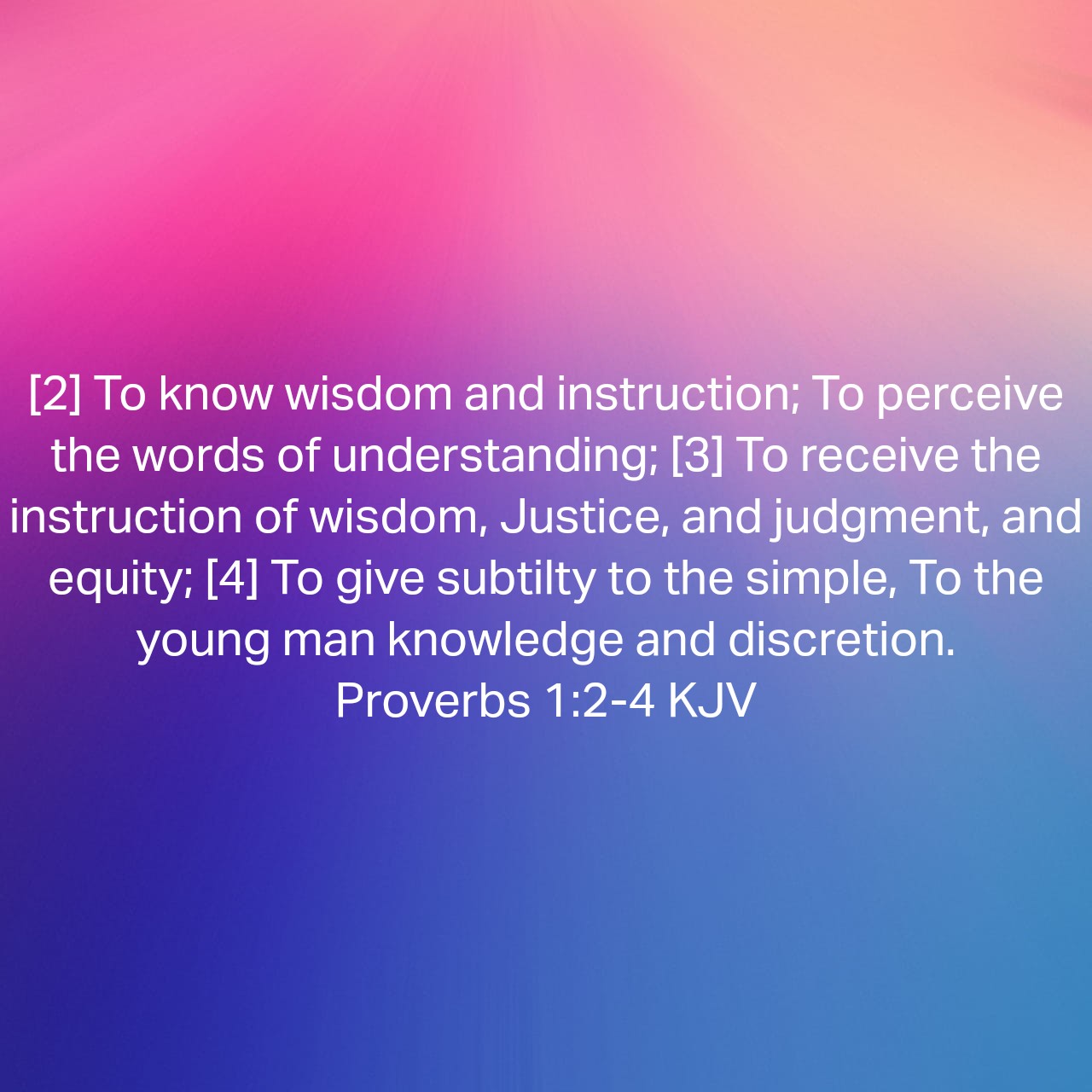Harmonizing Biblical Principles, Modern Politics, and Interdisciplinary Language for Unified Communication
The interpretation of the biblical account of creation in Genesis can vary significantly among different theological perspectives, while the scientific account follows a specific methodology for understanding the universe’s origins. From a biblical perspective, some Christians interpret the Genesis account literally, believing that God created the universe in six literal days. Others view the Genesis … Read more


